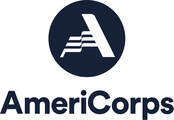|
Each Preserve WV AmeriCorps member is required to submit a “Great Story”, which is about the people we serve. This Great Story comes to us from Rodney, PAWV’s Preserve WV AmeriCorps member.
I am eight months into my AmeriCorps service term with the Preservation Alliance of West Virginia (PAWV). Many of our days involve traveling into rural communities where historic gems are tucked away around every bend and just over the next hill. Our goal is to promote preservation efforts throughout the state; no projects are too small or big. A large part of my position involves assisting with windows restoration workshops. I was surprised to learn of the importance of preserving windows to maintain a building’s historic integrity. But look at any building, and the size and arrangement of windows is entirely evident and inheritably important. Each historic window is a piece of artistic and careful woodworking. What is equally surprising to me is the feasibility of preserving these pieces, even for an average home owner or property steward. Through our workshops, we seek to instill confidence in Do-It-Yourselfers to follow through with their own windows project. A very recent and successful workshop occurred at the Shepherdstown University. The workshop was attended by students and open to the public for free due to two grants. In total we had around 35 attendees for the two day workshop. Many expressed their own takeaways and similar revelations to when I started learning about windows restoration. To that end, they left excited and more comfortable regarding their own windows projects. Each of these workshops continues to spread information on historic preservation throughout West Virginia. Each of the participants, whether they have a project of their own or just have an interest in old things, takes something away from the presentation. Hopefully they view preservation as valuable to their own communities. As word spreads, it is my wish that West Virginians continue to recognize the range of historic resources and the need for preservation in the Mountain State. And upon seeing how even windows can be restored with a couple of tips and tricks, realize that even tackling the larger projects is doable and help is always within reach.
0 Comments
Meet PAWV’s new VISTA, staff, Preserve WV AmeriCorps, and PAWV Board of Directors and ask them historic preservation questions. Bring photos of specific historic buildings if you have questions related to their preservation. Have a question about historic windows, ask Lynn! PAWV’s very own Lynn Stasick will be giving a historic windows demonstration using windows from the Darden House. You will also be able to purchase a copy of PAWV’s new booklet: West Virginia Endangered Properties: Saved & Lost, 2009-2013 at a special discounted rate of $5!
Fun for the whole family! For questions, contact info@pawv.org. CALENDAR OF EVENTS ~ BRIDGES TO THE PAST, A HISTORIC PRESERVATION INITIATIVE OF THE NRGRDA3/29/2014
Over the next five months, PAWV will be partnering with the New River Gorge Development Authority to present Bridges to the Past, A Historic Preservation Initiative of the NRGRDA. Special historic preservation programming and the PAWV traveling exhibit, Preserving West Virginia: Saving Communities, will be featured at over five locations in southern WV. See a full calendar events, exhibit locations, and programming topics below…
The workshop will focus on the Entler-Weltzheimer House on the campus of Shepherd University. As it is the last remaining example of vernacular architecture in a modest part of Shepherdstown along High Street, preserving the structure is important to the Shepherdstown community. By 2000, though, the Entler-Weltzheimer House had become dilapidated and was an eyesore. In 2011, Shepherd University applied for a grant from the West Virginia Division of Culture and History and was awarded $34,419 for a restoration of the Entler-Weltzheimer House. Shepherd matched these funds, and from 2011-2012, $68,838 was invested for major external renovations, including removal of a non-significant dormer, a new historically appropriate roof, new paint, and significant interior repair and stabilization. In 2013, the Phi Sigma Chi sorority, who used the house from 1948-1960, donated funds for a new railing in front of the house. The windows, however, are in need of repairs, ranging from complete rebuilding to paint removal and repainting. Boards still cover the window openings, and the structure, while no longer an eyesore, still presents an unfinished appearance.
Windows have long been a bone of contention within historic preservation projects. For many years, environmentalists and preservationists butted heads over the issue of replacement windows that were thought to be more energy efficient versus restoring original windows. Concerns about lead paint also led to the drive to replace old windows rather than repair them. Recent best practices have shifted from window replacement to window restoration, retaining the original historical look and feel of the old glass and wood while keeping the energy invested in the original window fabrication. Moreover, weatherization updates can increase the energy efficiency of the window and proper techniques can provide for lead abatement safely and reasonably. Nevertheless, historic wood windows continue to be removed and replaced unnecessarily. In most cases, property owners do not understand that it is possible to restore wood windows properly, safely, and affordably. The PAWV workshop aims to educate the public about proper window restoration a techniques while in the process significantly improving the appearance of the Entler-Weltzheimer House. Read about the newest initiative to balance hydraulic fracturing (aka fracking) and cultural resource management. The Gas and Preservation Partnership (GAPP) formed last year and is an innovative not-for-profit organization whose mission is to work collaboratively and pragmatically with both the energy industry and the preservation community to identify and properly manage historic and cultural resources while encouraging efficient exploration and development of energy reserves.
The Converging Roads to Energy Independence and Heritage Preservation – The Blog for Preservation Leadership Forum. PAWV is heading to Pittsburgh next month to take part in a first-ever summit about promoting this balance. We’ll be reporting on the event and what we learned. We encourage others to attend too! The 2014 West Virginia University Historic Preservation Field School will be held at Coopers Rock State Forest (CRSF) this May. Field School participants will examine three scales of development within CRSF: the Landscape, Structure, and Detail. Landscape analysis will reveal cultural traces of past land uses and bring to the surface former patterns and elements. Structure analysis will include issues in preserving significant threatened pavilions within the park. Construction Detail analysis will reveal the qualities of construction that physically represent an important era in American history. The program is suitable for upper level undergraduate and graduate students; as well as practitioners and other interested parties.
Contact Dr. Kathryn Burton, Division of Design & Merchandising for more information: 704 – P Allen Hall; phone: (304) 293-0814 email: Kathryn.Burton@mail.wvu.edu Preservation Alliance of West Virginia is currently accepting proposals for its statewide historic preservation conference scheduled for 25-27 September 2014 in Huntington, WV. This year’s conference theme is “From the Ground Up: Archaeology, Brownfield Re-use, & Historic Preservation”. Conference proposals should relate to the theme of archaeology with an additional focus on how archaeology has been used in brownfield re-use and historic preservation projects. Proposals will also be accepted for conference tracks: preservation policy, heritage development, and preservation skills.
In order to have a successful conference we would like to ask those in the preservation field and the general public to propose speakers, facilitators, educators, and more for this year’s event. The conference tracks include: Preservation planning and policy; heritage development and tourism; and Preservation trade skills and methodology. We are looking for knowledgeable professionals willing to lead one or more of the following:
For more information on each of these positions, necessary qualifications, and applications, please see the guidelines below. PAWV will begin reviewing applications on 28 March 2014 and will continue to accept application until all conference programming has been selected. Submit proposals, preferably via email, to info@pawv.org and/or 3 hard copies to: PAWV Darden House 421 Davis Avenue Office #3 Elkins, WV 26241 For more information, please contact PAWV at info@pawv.org or 304-345-6005. This RFP does not indicate any promise to follow through and implement any proposals. We reserve the right to select different trainers for different workshops. PAWV staff will organize and direct the workshops and will have final approval of content. Volunteer presenters are encouraged. Honorarium may be available for some presentations and will be negotiated on a case-by-case basis. Conference fees at a discounted volunteer rate apply to speakers and trainers wishing to participate in special activities, including the historic preservation awards banquet and luncheon. Proposal Application Requirements: Preservation professionals interested in providing preservation training for any of the above formats — speakers, workshops, educational sessions, roundtables, panel discussions, and/or educational tours should submit a proposal including:
Positions Available:
Three Conference Tracks: Conference attendees can choose to attend workshops and educational sessions related to three conference tracks, which focus on specific themes common in historic preservation projects and development. By featuring three different tracks, conference attendees can choose the topic that best reflects their interests and gain the most from their experience. Attendees will have the choice of Thursday workshops/tours reflective of track themes, as well as Friday and Saturday concurrent educational sessions. Proposals should be related to one of the following tracks.
The West Virginia Brownfields Assistance Centers are currently seeking presentation proposals to fill limited slots for the 2014 WV Brownfields Conference in Huntington, WV on September 11-12.
Example presentation topics include:
The WV Brownfields Conference anticipates presentation formats to include expert panels, interactive workshops, and technical training. To submit your presentation proposal, download this proposal form, enter your information, save it, and email to carico@marshall.edu by March 3, 2014. Scanned copies are also acceptable. The West Virginia Brownfields Assistance Centers will hold the 2013 State Brownfields Conference on September 12-13 at the Waterfront Place Hotel in Morgantown, WV.
The West Virginia Brownfields Conference is an annual statewide event that combines exceptional educational programs with outstanding networking opportunities between communities, development professionals, and service providers. The 2013 event will include sessions covering all aspects of redevelopment, interactive workshops on project funding, specialty training on remediation, a project showcase banquet, and much more! Economic Development professionals can receive 10 LED Continuing Education Credits for attending. Find more information at the WV EDC website. Visit the 2013 WV Brownfields Conference page for more information and to register. The West Virginia State Historic Preservation Office, in conjunction with the National Park Service, Department 0f the Interior, is sponsoring a Leadership in Energy and Environmental Design (LEED) Training Workshop for local preservation commissioners and staff, architects, engineers, consultants, real estate professionals and other individuals interested in preservation.
LEED is an internationally recognized program that promotes a Whole-building approach to sustainability in architecture by recognizing performance selection and indoor environmental quality. The LEED rating system was developed in 2000 t0 provide means of certifying the “greenness” 0f certain projects, but has not always worked cooperatively with projects trying to meet the Secretary of the Interior ’s Standards for the Treatment Properties. The two-day training Workshop will educate those who would like to learn more about the program’s interconnection with historic preservation and the Standards. The workshop will focus on general sustainability in the context of preservation, and will also include training and preparation for anyone wishing to take the LEED Green Associate exam. The workshop will be held Sept. 9-10, from 8:30 am – 5:00 pm at the Culture Center in Charleston. It is FREE for members of Certified Local Governments and $100 per person for others. Registration is due by Monday, August 26th. To register and for more information, contact Pam Brooks at pam.a.brooks@wv.gov or by calling 304-558-0240. |
News and NotesCategories
All
Archives
January 2024
Subscribe to our mailing list to receive e-news updates on historic preservation news and events in West Virginia.
|
Get Involved |
Programs |
Contact UsPreservation Alliance of West Virginia
421 Davis Avenue, #4 | Elkins, WV 26241 Email: info@pawv.org Phone: 304-345-6005 |
Organizational Partners:
© COPYRIGHT 2022 - PRESERVATION ALLIANCE OF WEST VIRGINIA. ALL RIGHTS RESERVED.

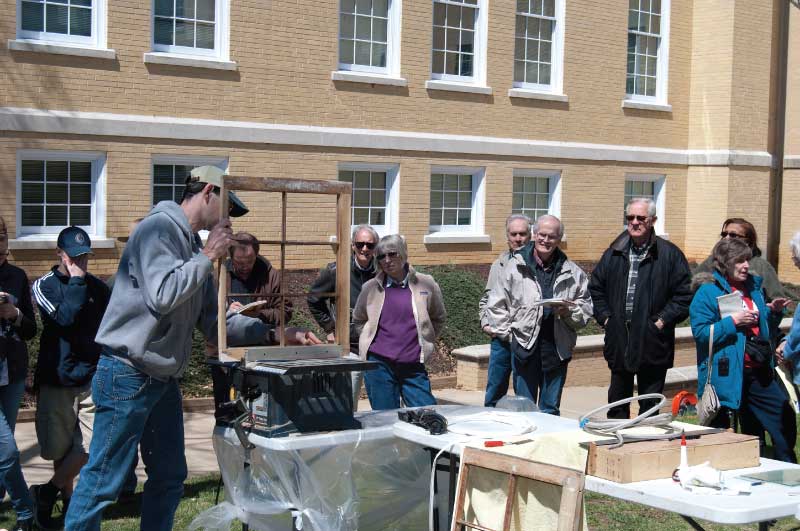
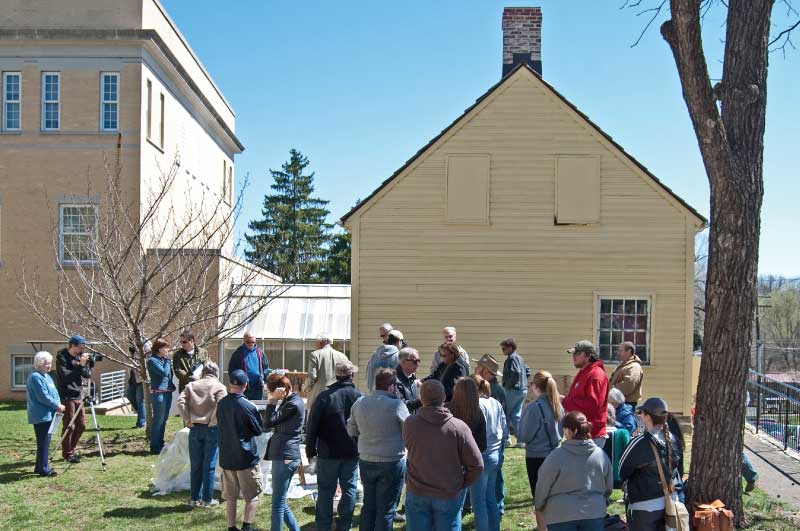
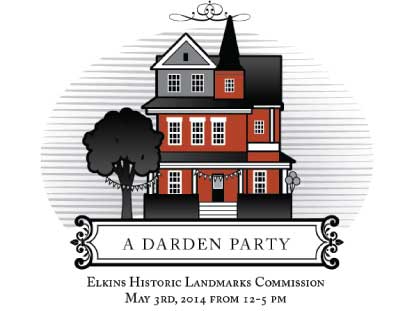
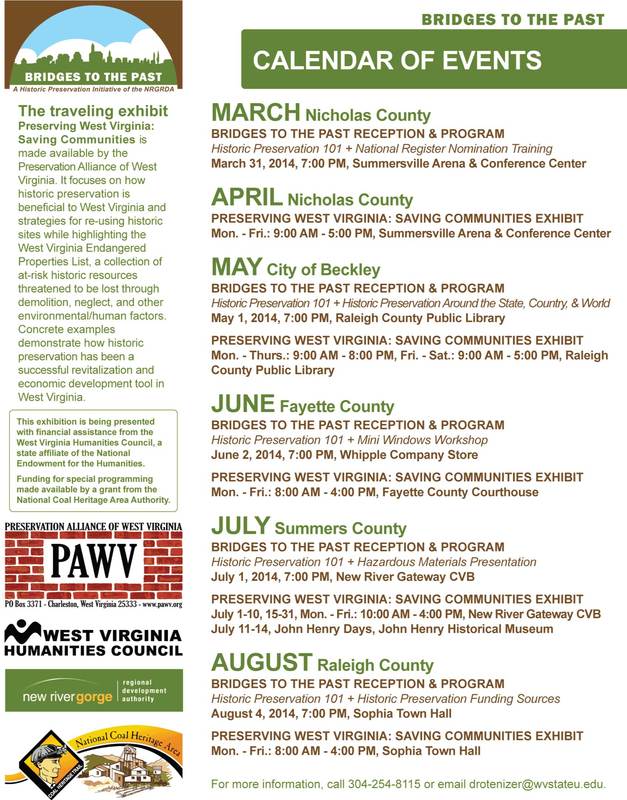
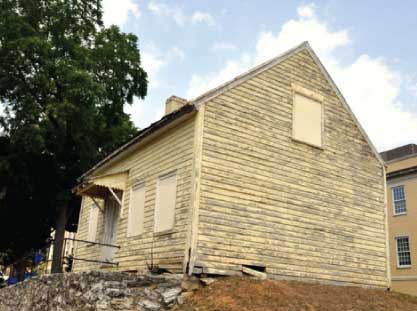
 RSS Feed
RSS Feed

